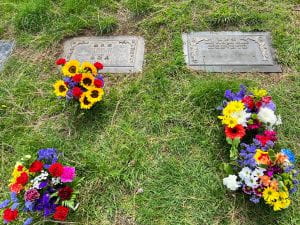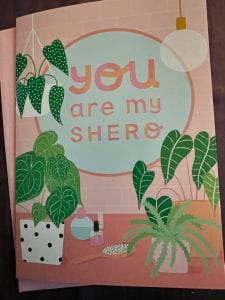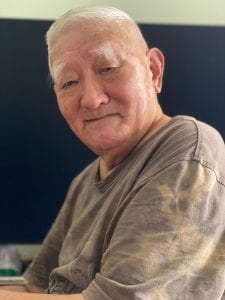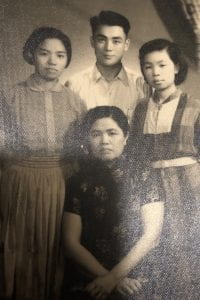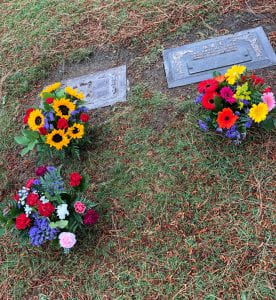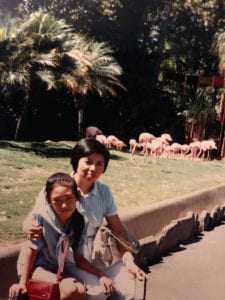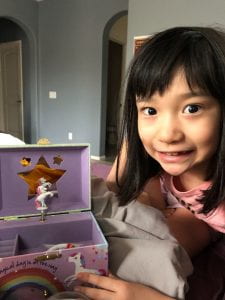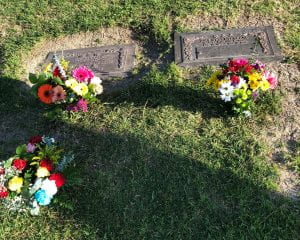This morning, I woke up crying.
It is Asian American Native Hawaiian Pacific Islander Heritage Month, and I am facilitating two discussions (one tonight and one on May 31) related to Asian Americans in educational and literacies spaces. Introducing more people to and centering the voices of Asian Americans in education is at the core of the work I do, based on the belief that when we know one another’s stories, experiences, and perspectives, it makes it harder for us to dehumanize one another. Usually, I use extensive social media networks to promote this work. But most of this month, I have been grieving, for the first part of the month, personal grief around mothering, and since then, particularly in the last 11 days, collective grief and renewed trauma based on my connections to multiple mass shootings.
I was just feeling a little more like myself yesterday, after spending over a week recovering from the shootings that occurred at the Tops Market in Buffalo, New York, and at Irvine Taiwanese Presbyterian Church, just 20 miles from my home. So, I got on social media to tweet about today’s panel discussion.
And then I saw the news about the school shooting in Uvalde, Texas.
A friend texted me that there was another school shooting, in Texas, and it looked bad.
It reminded me of the morning my brother texted me on the way to pick up my nephew from Sandy Hook school, nine and a half years ago and I was trying to piece information together. I knew we would not know the true total of those killed until the next day, maybe the next week. I knew that community would become just another place on a list of towns and cities known, first and foremost because a horribly deadly mass shooting had taken place there. And in Uvalde, like Sandy Hook, it would be particularly heartbreaking because it was children and educators killed.
My son was in 1st grade when the shootings happened at his cousin’s school. My daughter was not yet alive. In fact, because there are 9.25 years between them, she is in 1st grade now.
The Monday after the Sandy Hook shootings, I sent my son to an elementary school, one that, at the time, was open in the front and the back of the school. I was sad and I was afraid.
This morning, I woke up crying. I am sad and afraid. So little has changed.
This morning, I walked my daughter to an elementary school.
This morning, she ate Cheerios, with the heart shaped Cheerios interspersed with the regular round Os.
It is hat day, so she wore the raspberry beret I bought her in France and her Paris shirt, pink leggings, and a pink sweatshirt.
I asked if I could snap a picture of her before we left our house for our walk to school. I told her I wanted a picture of her all pink outfit for hat day.
But part of me wanted a picture of her, wanted to remember her breakfast, wanted to remember every detail, in case something happened.
Now, I am home.
In a few hours, I will drive across town to my son’s school where I will help celebrate the 8th & 12th graders.
A few hours after that, our family will see my daughter perform Arirang with her class and two other classes.
I have two papers to revise. Both of them are on centering humanity in the midst of dehumanizing contexts. One of them focuses on motherscholaring.
Tonight, we will have this beautiful panel of heart-centered Asian American educators. They are gifts as humans.
I do heart work.
All of it.
I live a heart-centered life.
And I’m broken. My heart is broken. I have pieced it together so many times. I have tried to fill the cracks with gold.
I have resisted in hard and soft ways, with authentic joy and sorrow, with words and actions.
But today, it is heavy, even in and with a community of grievers, today, the weight of it all is too much.
This morning, I woke up crying.
I cried after my daughter walked in the gates of her school.
I am sure I will cry many more times before the day is done, and on days to come, because that is part of my heart-centered life.
Today, the only resistance I can engage in is giving grace and holding space.
To myself and others. For myself and others.
Perhaps it’s the most important form of resistance there is.

